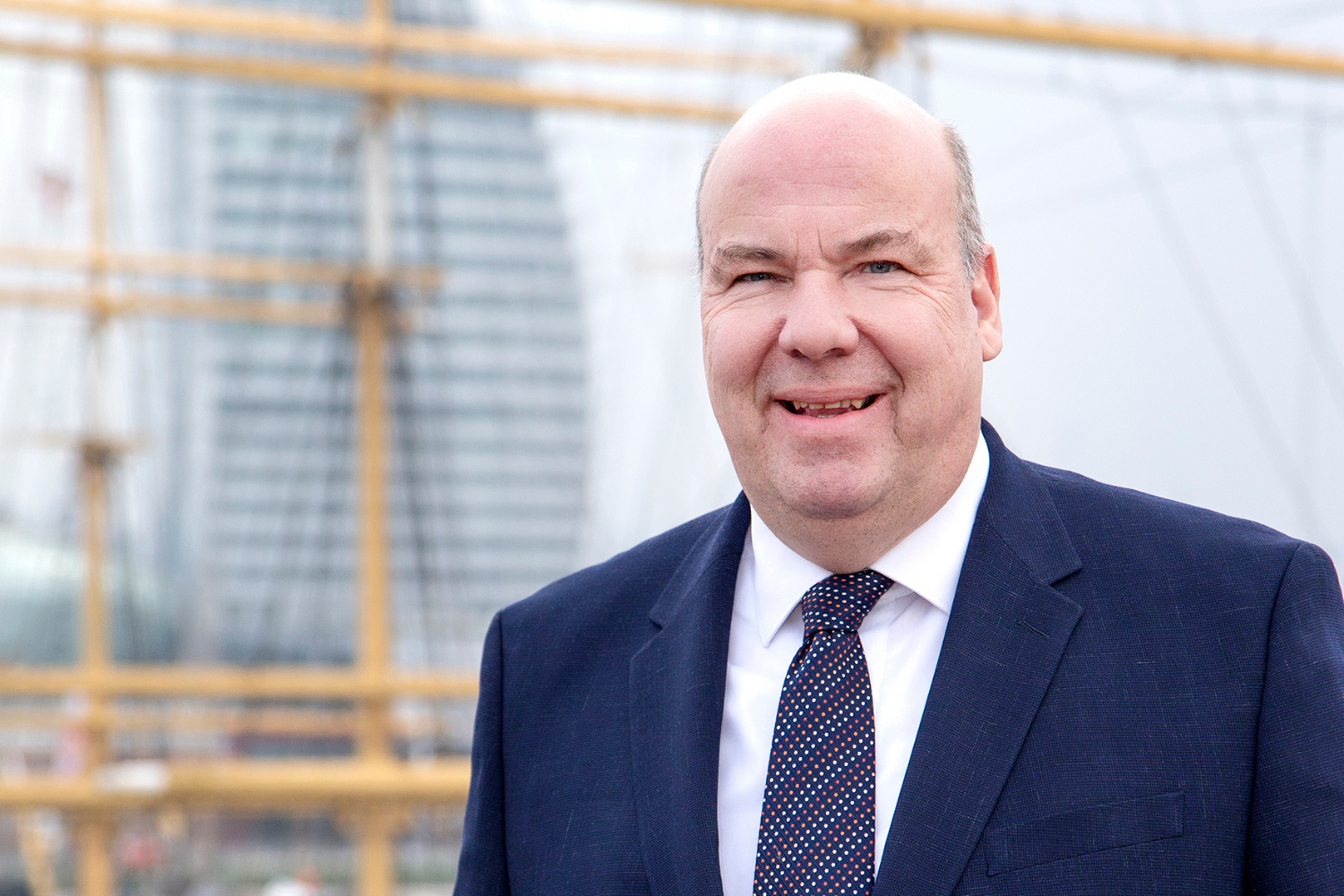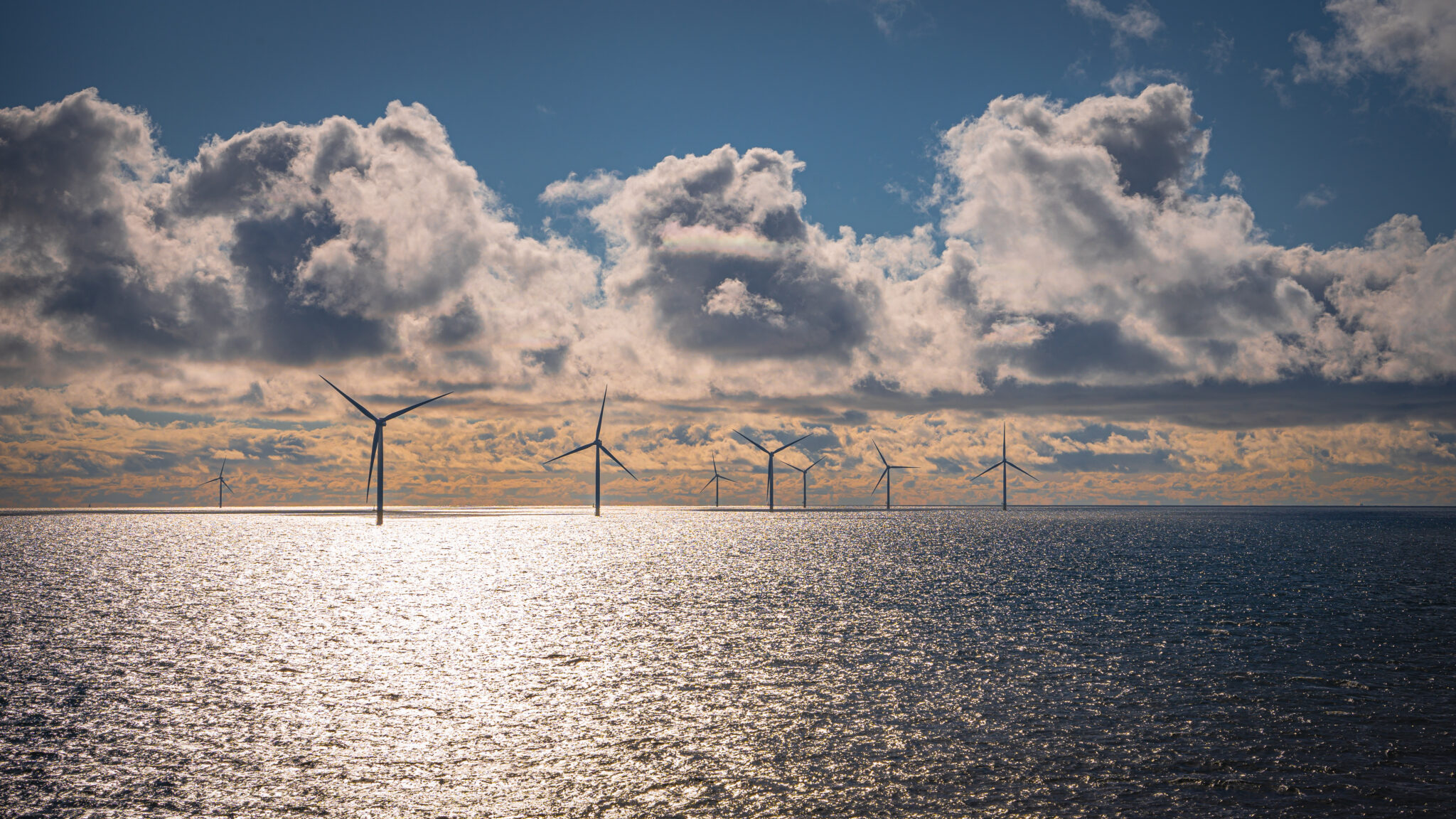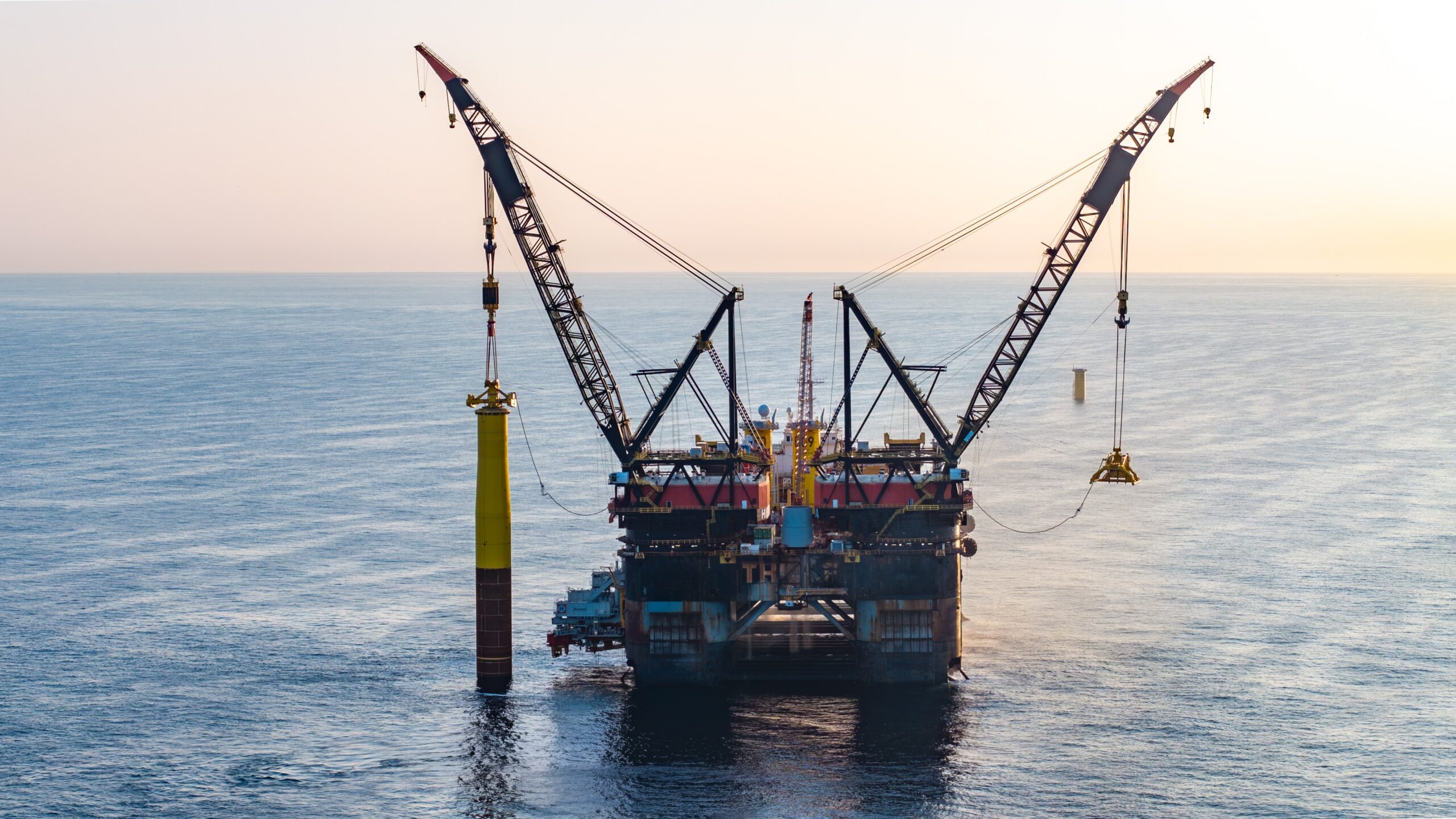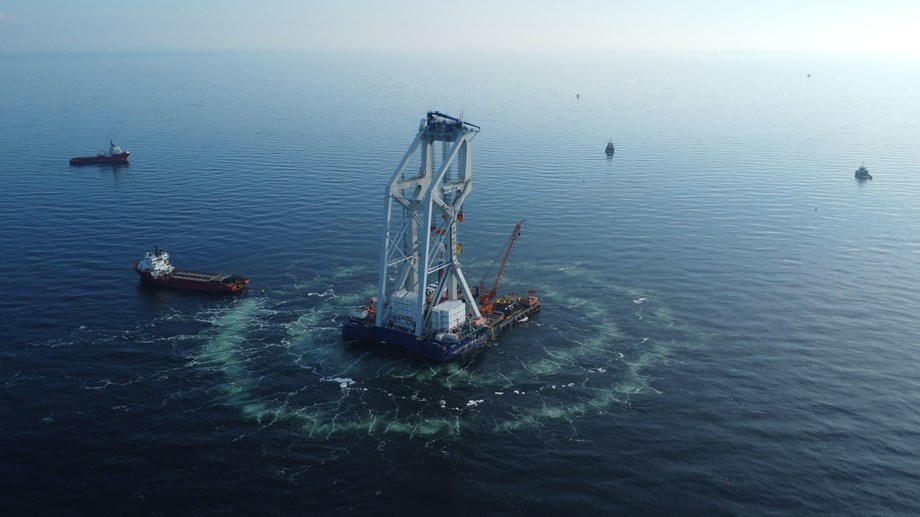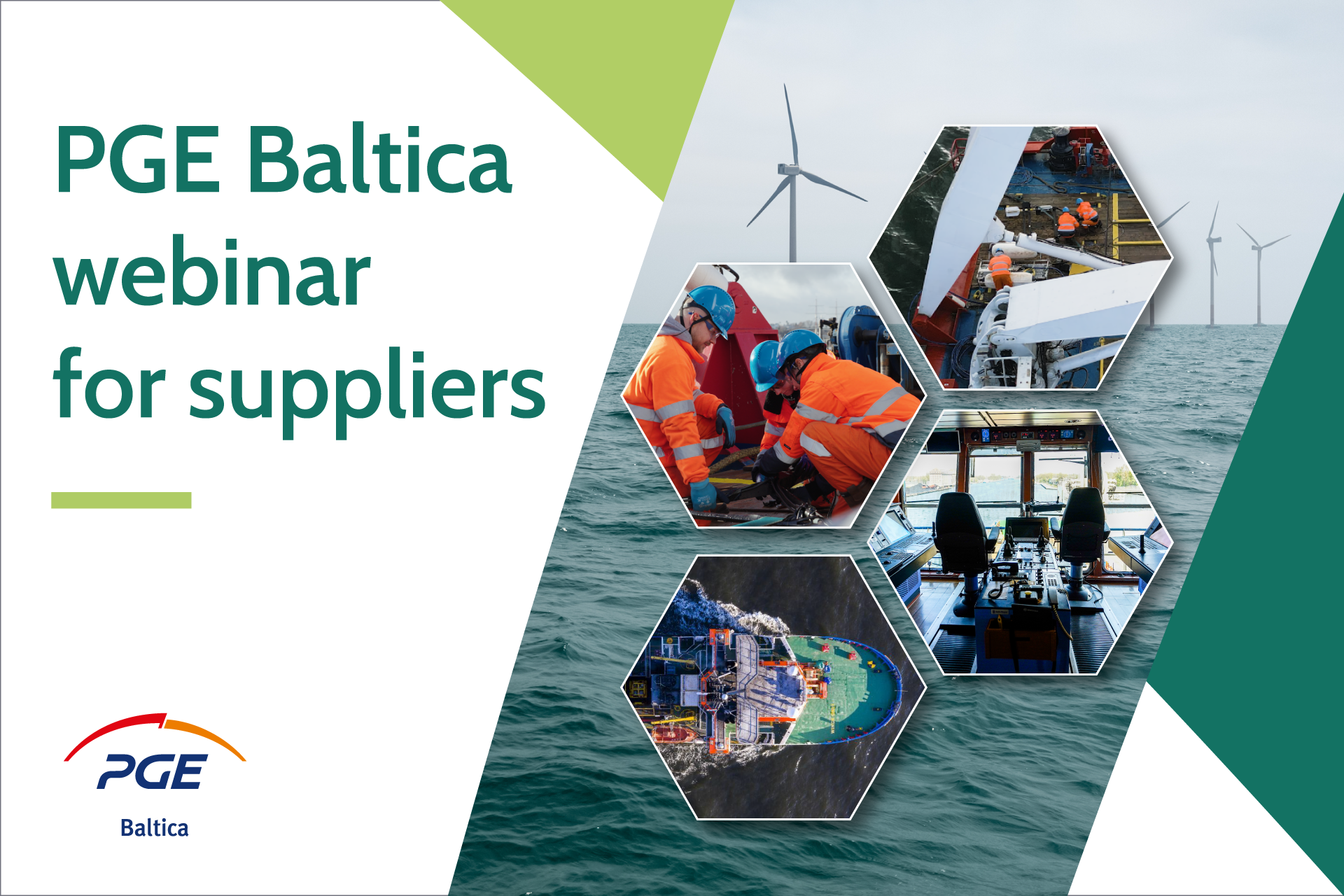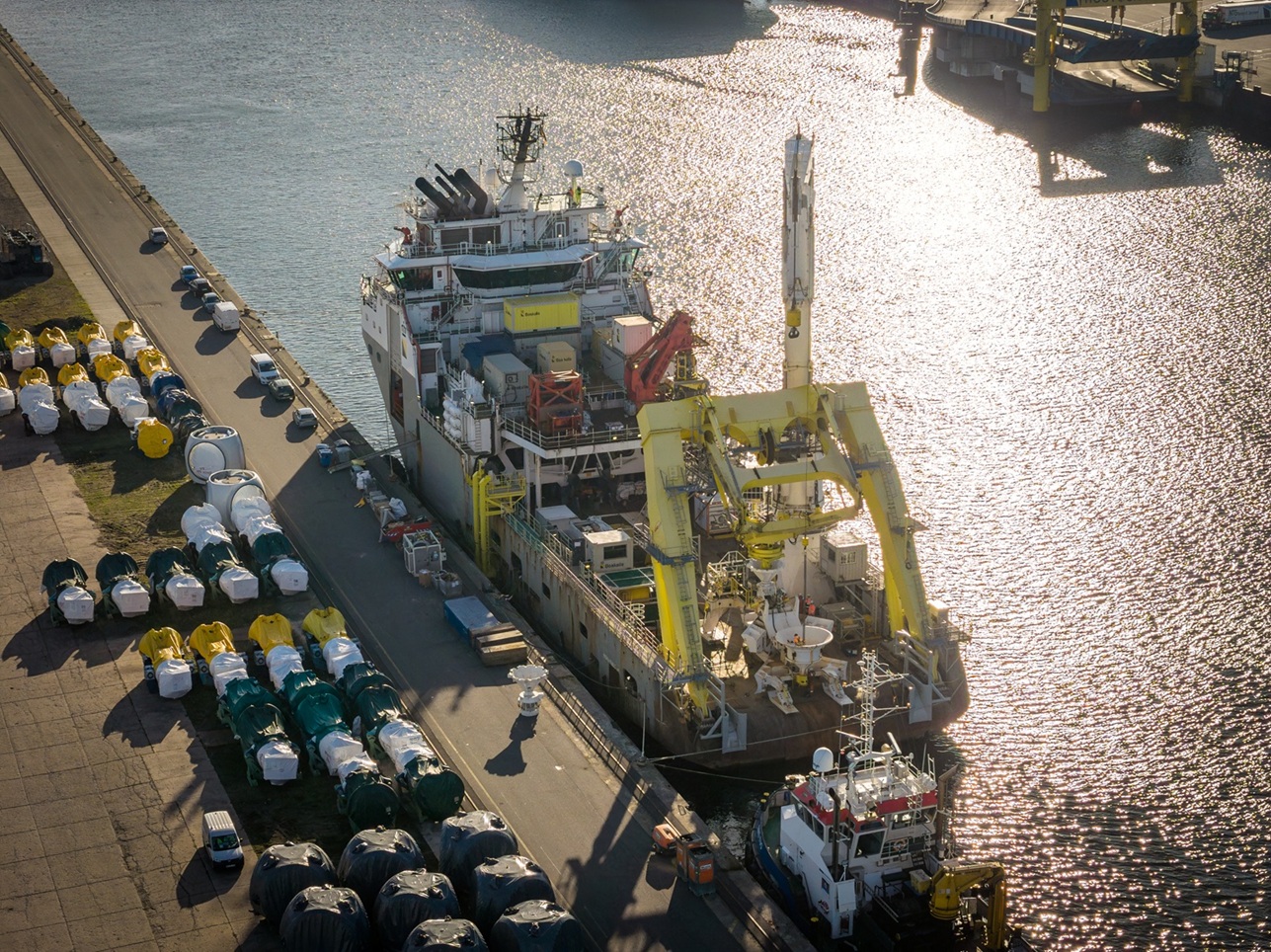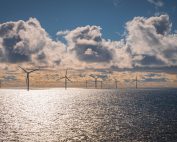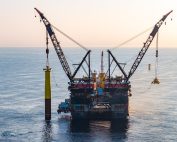On March 1, 2024, Markus Nölke (54) took over the management of WAB e.V. in Bremerhaven. Born in Bremerhaven, he originally comes from the transport and logistics sector, where he focused on shipping and port issues.
Before joining WAB, Nölke had spent the previous 14 years as Managing Director of the Verein zur Förderung des Kurzstreckenseeverkehrs e. V. (Association for the Promotion of Short Sea Shipping), the operator of the ShortSeaShipping Inland Waterway Promotion Center (spc) in Bonn.
“We are delighted that we have been able to recruit Markus Nölke for this important role,” says Jens Assheuer, CEO of WAB. “The industry is on the upswing”.
According to figures recently published by the Federal Statistical Office (Destatis), electricity feed-in from wind power increased by 13.8% in 2023 compared to 2022, making it the most important source of energy for electricity generation in Germany with a share of 31.0%.
“With Markus Nölke, we want to take advantage of this upswing and further develop and expand WAB’s position as the strong voice of the value chain,” says Assheuer.
“I am delighted to be on board the WAB and to be able to work together with the industry to implement the ambitious goals of the energy transition. The expansion targets for wind power to 40 GW at sea and 160 GW on land by 2035 are both a great opportunity and a challenge. As WAB, together with our strong network, we not only want to support the achievement of these targets, but also play a constructive role in shaping them,” says Nölke, who was already intensively involved in the transportation of wind power components in his previous role and was in intensive dialogue with major turbine manufacturers.
The spc is a “public-private partnership” (PPP) that is committed to shifting freight transport to waterways in order to help reduce emissions in the transport sector. The sponsoring association is mainly supported by the Federal Ministry of Transport, the infrastructure and transport ministries of eleven federal states, chambers, associations and companies in the shipping and maritime industries. In this role, Nölke worked as an interface between business, administration and politics.
Source: WAB
